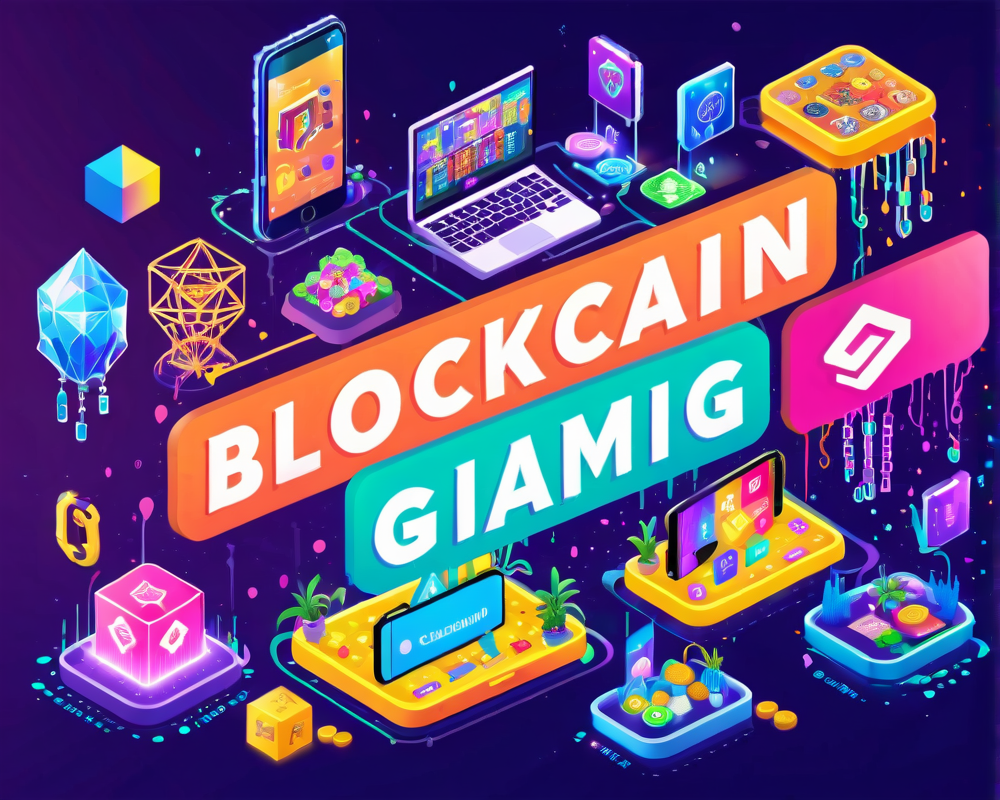The Billion-Dollar Gaming Revolution
Axie Infinity has transformed itself into a remarkable economic force, especially benefiting players from the Philippines and other economically challenged regions by offering them a viable income during the pandemic. Think of it as that one friend who starts a hugely successful lemonade stand and suddenly becomes a millionaire right in your neighborhood. The key ingredient? Strong property rights that allow players to own and trade their in-game assets freely.
Trading Your Way to Wealth
Imagine being able to take your hard-earned loot from a virtual battlefield and trade it in real marketplaces like OpenSea. That’s precisely what the pioneers of blockchain gaming have done. This newfound freedom has sparked a whirlwind of economic activity, much like when you open your closet and find all those ‘vintage’ clothes you can finally sell online.
Old vs. New: The Economic Evolution
The Cointelegraph Research’s extensive report dives into how today’s virtual economies differ dramatically from classics like Second Life or World of Warcraft. Once, crafting a marketplace with an in-game currency seemed as far-fetched as getting your cat to stop knocking things off your desk. But thanks to blockchain technology, developers can now set up in-game economies faster than you can say “NFTs!”
Why Blockchain Matters
With blockchains at their disposal, game developers can launch their own tokens almost instantly. This advancement lets players transport their characters and items between different games or third-party markets. Talk about a gaming crossover event! It’s like when superheroes from different comic book universes finally get to hang out and save the day together.
Decentralized Finance: A Game Changer
The integration of decentralized finance (DeFi) into these games has opened up a treasure chest of financial opportunities. Players are no longer just conquering virtual realms; they’re also scoring actual cash in their pockets. This has caused a meteoric rise in player participation, and it’s not hard to see why – who wouldn’t want to earn while playing? It’s like getting paid to eat pizza!
The Dark Side of Blockchain Gaming
But no game report would be complete without acknowledging the challenges. The rise of GameFi has raised eyebrows about environmental impacts, economic disparity, and the looming legality of these new markets. It’s like enjoying the fun side of a roller coaster while knowing there’s a height restriction for others – not everyone can get on the ride.
The Final Boss: Viability and Regulation
GameFi titles accounted for a staggering 35% of all Polygon transactions at their peaks. However, for these games to sustain their growth, the industry must tackle significant concerns. Critics and regulators are watching closely, and without addressing these issues, the long-term viability of blockchain gaming could face formidable challenges.
A Bright Future Ahead
Despite these hurdles, the report wraps up with a hopeful note about the future of blockchain gaming. With lower transaction costs, robust property rights, and open standards, we are finally witnessing the dismantling of outdated game market economies. Consider this a digital liberation of sorts—like finally breaking free from the chains of having to ask for extra lives in your favorite retro games.




